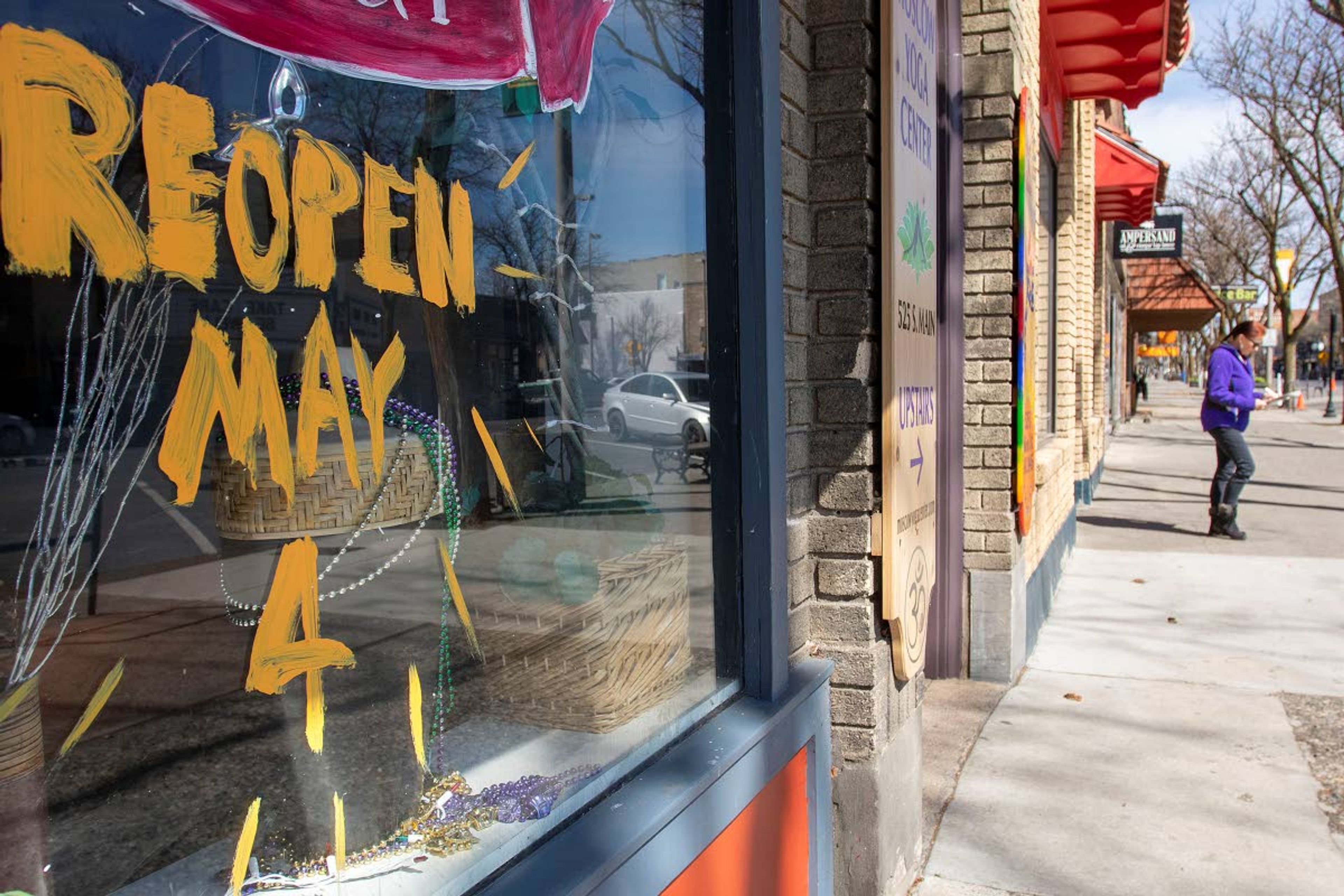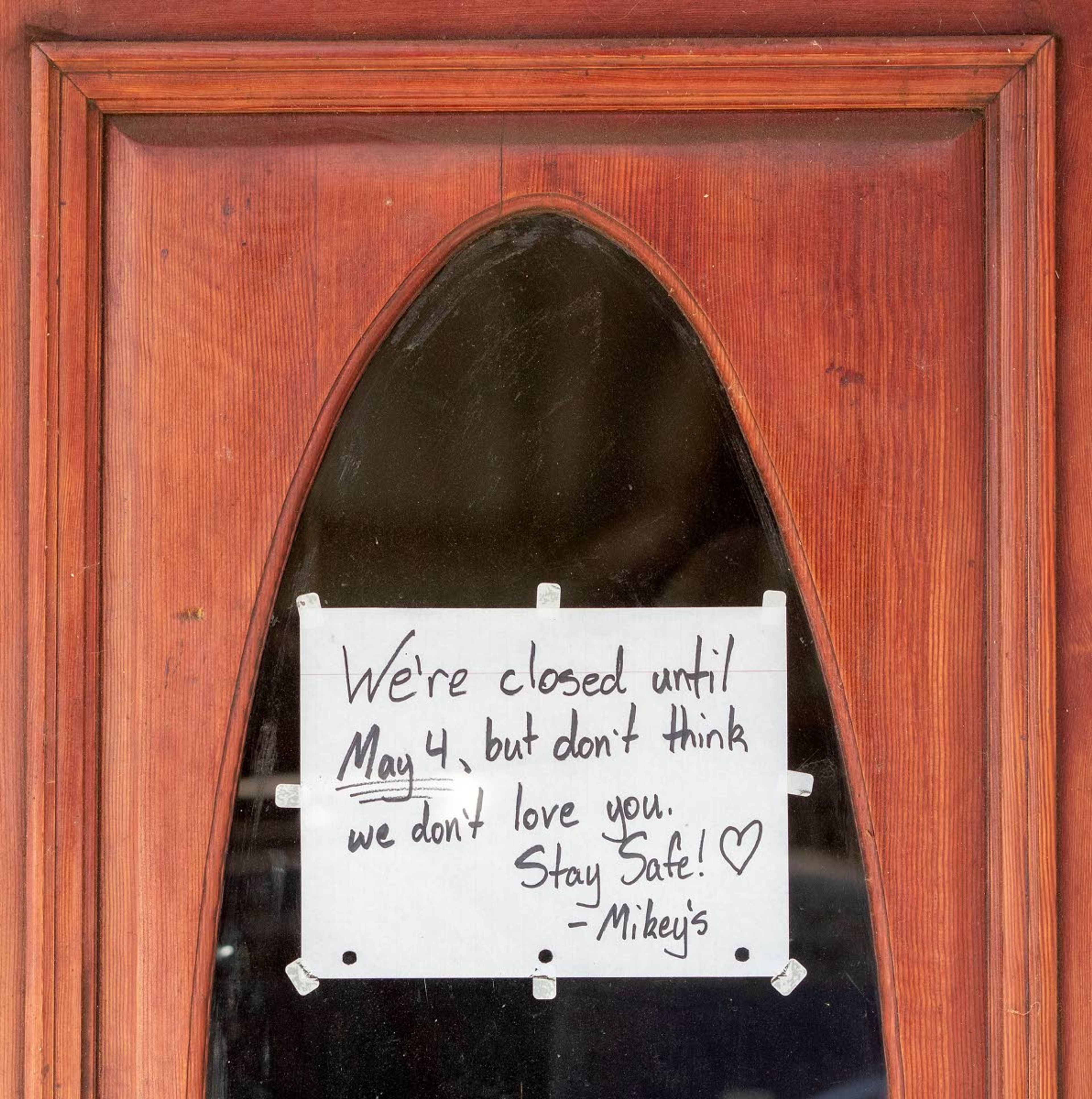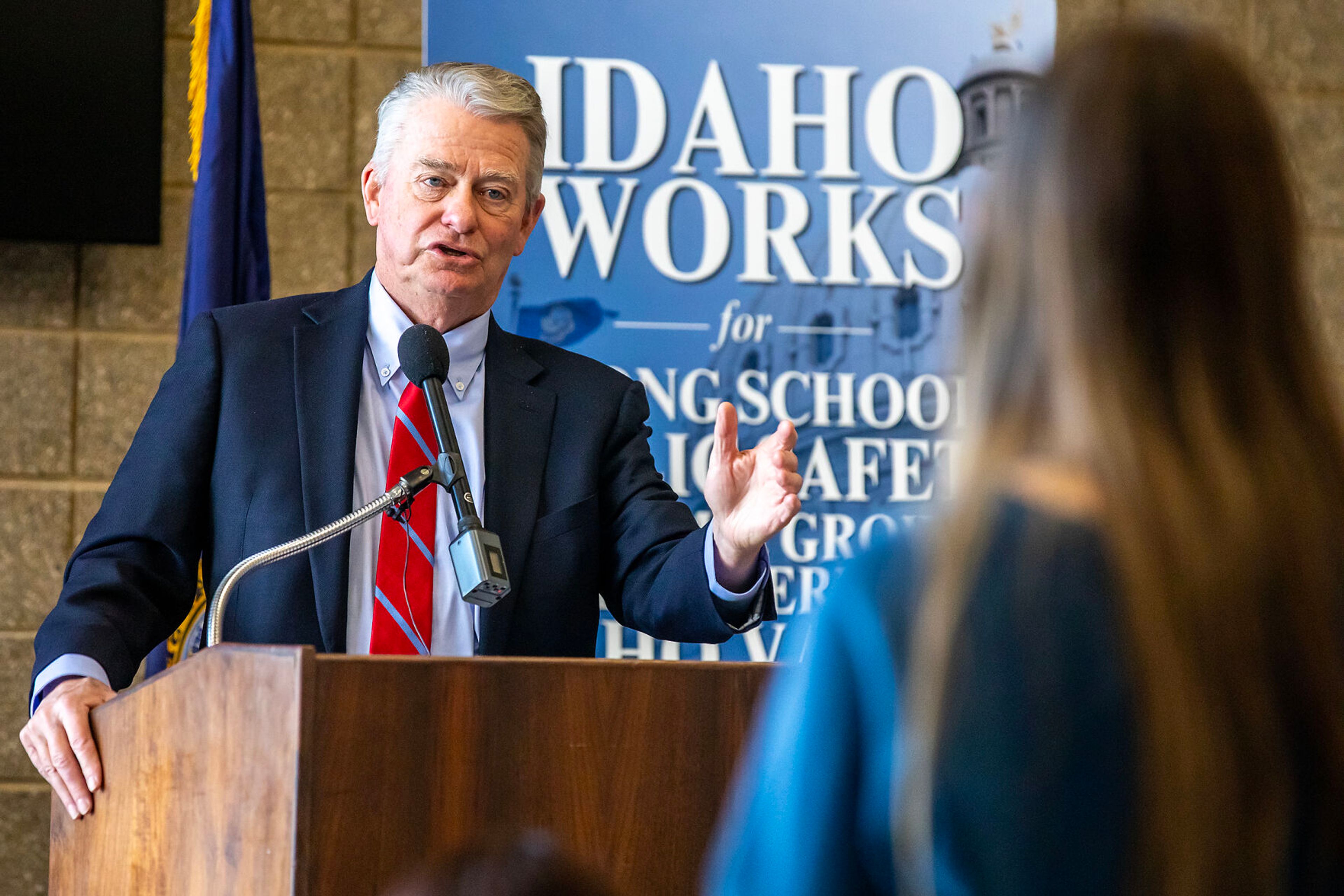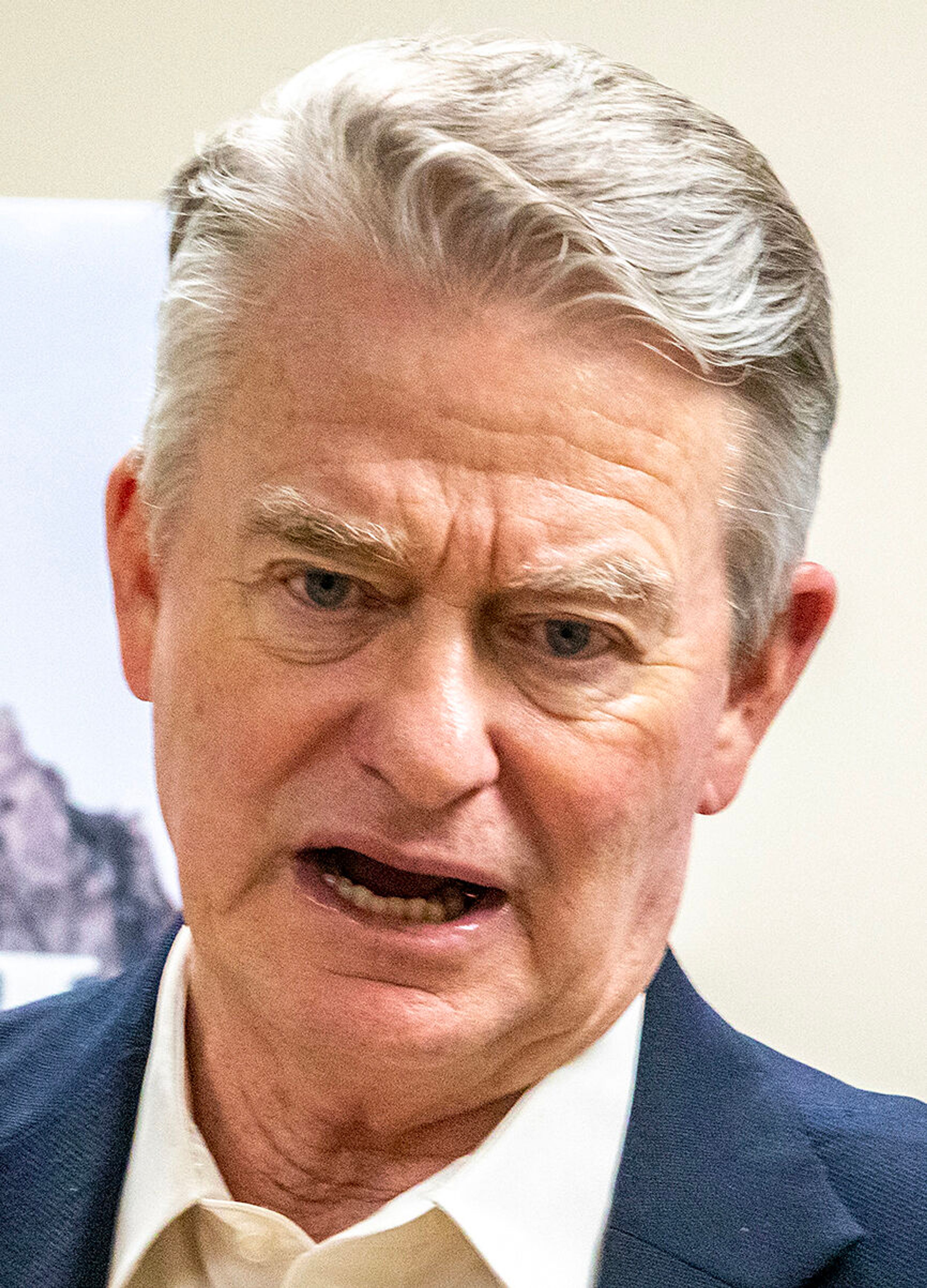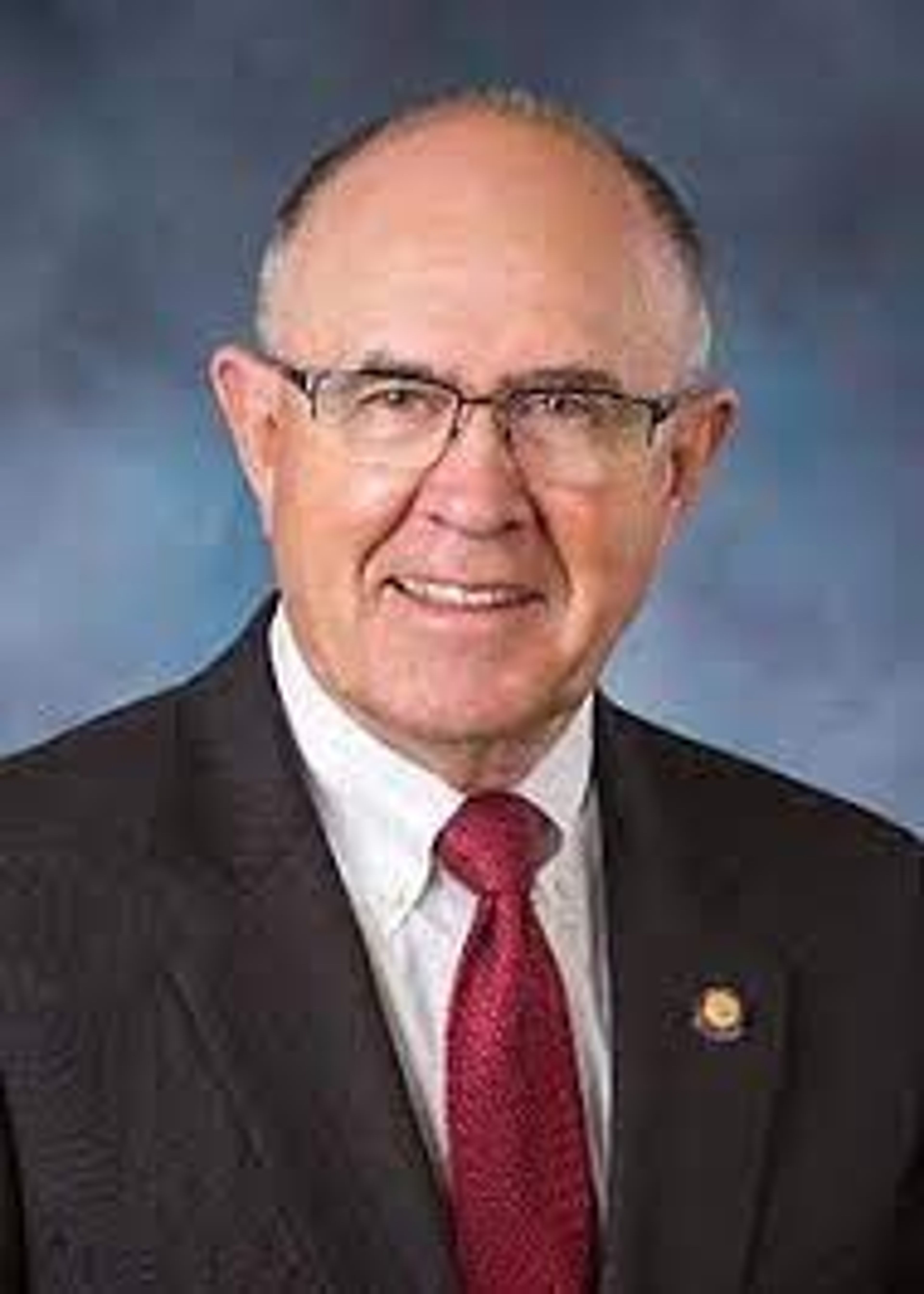Moscow council tables decision on COVID-19 orders
Another special city council meeting will be held Thursday to review potential governor order
The Moscow City Council will have another “special meeting” livestreamed at 5 p.m. Thursday to decide what to do with its two COVID-19 public health emergency orders that are set to expire next Tuesday.
The council tabled a decision Tuesday at a special council meeting so it has time to digest the statewide order Idaho Gov. Brad Little is expected to make Thursday morning.
Little unveiled a four-stage plan last week to reopen nonessential travel and businesses to somewhat normalcy by the end of June. The plan is expected to start Friday.
Each two-week stage will be evaluated and the next stage will only start if there are no significant increases in cases of the coronavirus and if criteria are being met.
Moscow City Supervisor Gary Riedner said at Tuesday’s meeting that Little’s plan is only a guideline at this point, but the governor said Tuesday he will provide a statewide order or further guidance at a Thursday morning news conference.
Riedner said guidance is not enforceable.
“If it’s not enforceable, you can expect we’re going to see widespread disobedience to the guidance,” he said.
Riedner said hopefully Little will have issued an order Thursday — the day the current statewide stay-at-home order expires — so the council can make a decision to terminate, modify or extend the city’s emergency orders.
Mayor Bill Lambert issued two emergency orders in response to COVID-19 in March and the city council extended the orders via resolutions to May 5.
The first order has been in effect since March 21. The order prohibits gatherings of more than 10 people and closed bars and restaurants. Curbside delivery, take-out, drive-through and delivery are permitted under the order.
The second order has been in effect since March 25. The order shuttered gyms, tattoo parlors, barber shops and salons and prohibited gatherings of more than 10 people at educational institutions, churches and other religious organizations.
The Idaho State Board of Education approved April 16 criteria K-12 schools in the state must meet if they plan to reopen before the end of the 2020 school year.
The Moscow School Board last week voted to keep schools closed through the end of the 2020 school year.
Moscow Superintendent Greg Bailey said last week the decision means Moscow schools will remain in so-called “soft closure” and teachers will continue to deliver education through distance learning. He said criteria for reopening K-12 schools would be near-impossible for many schools in the state to meet and so most have elected to remain closed.
Councilor Art Bettge asked Carol Moehrle, Public Health – Idaho North Central District director, at Tuesday’s meeting how “significant” increases in cases will be judged and if they will be judged regionally or statewide.
“Significant is a troublesome word because a one-person increase in Latah County would be 20 percent (as of Tuesday afternoon),” Bettge said. “A one-person increase in Nez Perce (County) would be less than 2 percent.”
He also said an impediment to rolling out Little’s four stages on time is the availability of testing, so he asked what the plans are for enhancing the number of tests the area can provide.
“We have several words that are really not measurable so I’ve been asking that same question,” Moehrle said.
She said another word in the plan is “robust testing.”
“Do we have robust testing that is out there?” Moehrle said.
She said health officials are discussing what “robust” and “significant” mean and if they should be measured locally or statewide.
Moehrle said local agencies are prioritizing testing to those who are symptomatic and giving priority to certain groups, such as first responders.
Councilor Maureen Laflin said she was concerned that after businesses reopen, they might refuse to close again if, for example, there is a spike in cases after reopening.
Garrett Cabeza can be reached by email at gcabeza@dnews.com.
